

BELL HELICOPTERS 222 B-U MODIFICATIONS (118)
Helmet Combination with NVG Mount and Battery Pack
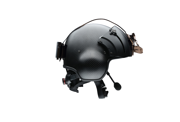
A new product combination designed for a more rugged, lighter, comfortable mission experience with the new ASU aviation night vision helmet mount and battery pack known as the Aeronox® along with the Aspida™ carbon Paraclete Aviation Life Support helmet with the Kairos™ Retention Assembly, and ASU white phosphor night vision goggles.
White Phosphor Night Vision Goggle AN/AVS-9 (M949)
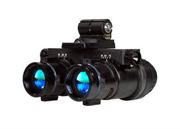
The new White Phosphor Night Vision Goggle is the first technological breakthrough in aviation goggles since the Generation III goggle was introduced.
To view the specification sheet, please select 'Front Page'.
Green Phosphor Night Vision Goggle AN/AVS-9 (M949)
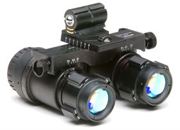
Green Phosphor Night Vision Goggle.
To view the Specification Sheet, please select 'Front Page'.
WABNET Iridium Wi-Fi Router by AviatorWifi


WABNET’s wireless aviation router brings affordable connectivity onboard. Aviation Wifi allows crews using their own tablets to make and receive voice calls, send or receive messages, emails, and stay current with their operational services. Finally, an affordable solution is available to meet the growing demand from airlines on any type of aircraft, even regionals.
Connectivity will improve management of medical emergencies in flight, diversions or in any crisis situation.
OWLS Microgimbal Surveillance System
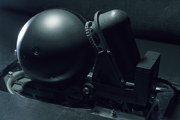
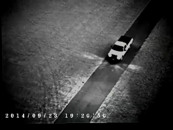
ASU's OWLS combines a compact night vision sensor with an image stabilized microgimbal enclosure that can be designed to perform surveillance, reconnaissance, target detection, and target tracking from airborne and manned platforms.
Halon Free Fire Extinguisher installation


The use of Hand-held fire extinguishers containing Halon in Aircraft will become prohibited end of 2025 and you will need to replace all them.
NVIS SUPPLEMENTAL LIGHTING SYSTEM BELL 222, 230 AND 430
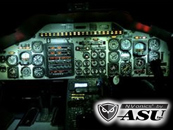

Installation of NVIS aircraft lighting modification for a Bell 222, 230 or 430 Helicopter. Night Vision Imaging System (NVIS) modifications are required to maximize visual acuity and safety while operating an aircraft with night vision goggles (NVGs).
ASU offers nearly 40 STCs covering more than 80 makes and models of rotary and fixed-wing aircraft.
Manufacture of Crew Emergency Push Out Windows in accordance with...
Manufacture of Crew Emergency Push Out Windows in accordance with Aeronautical Accessories, Inc. Drawing List Report AA-98035, no revision, dated March 23, 1998, and installation per Report AA-98032, no revision, dated February 26, 1998, or AA-98077, Revision “A”, dated August 12, 1998, or later FAA approved revisions.


